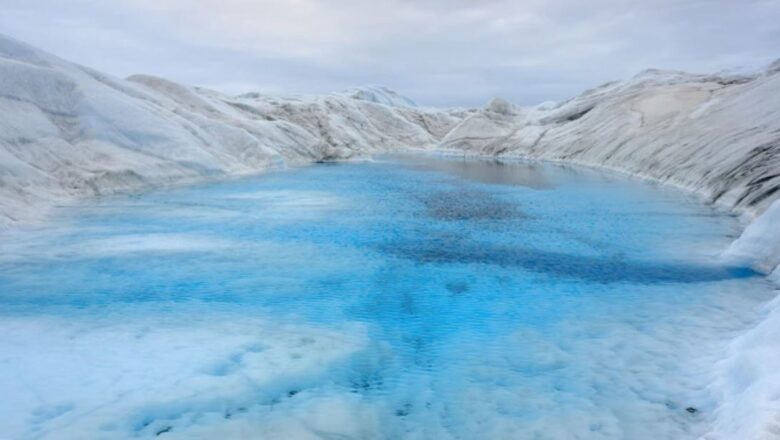
Heatwaves in North America, Europe Could Intensify Twice as Expected Due to Soil Moisture Variations
A new study has revealed that heatwaves in Eastern North America and Central Europe could become twice as intense as previously predicted, driven by variations in soil moisture. Published in Nature Communications, the research, led by Professor Douglas Maraun at the University of Graz with contributions from the University of Reading, highlights the potential for devastating temperature surges if global warming reaches 2°C.
The study warns that extreme heat events in these regions could rise by up to 4°C, significantly outpacing moderate heatwave projections. This alarming trend mirrors the catastrophic heatwaves that hit Canada in 2021, India in 2022, and the Mediterranean in 2023.
Reinhard Schiemann, a co-author of the study from the University of Reading, explained "While it’s kno...









